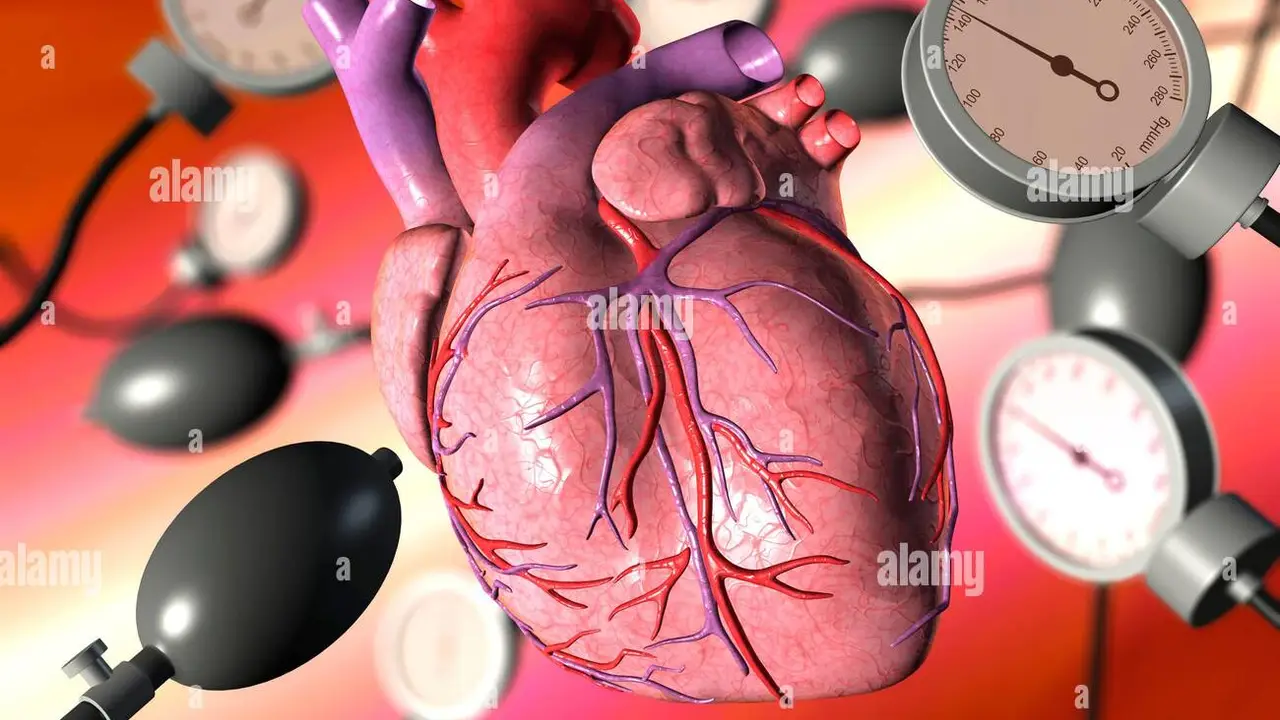Hypertension: What You Need to Know Right Now
High blood pressure, or hypertension, is when the force of blood against your artery walls stays too high for a long time. It often sneaks up on you because many people feel fine until damage starts. Knowing the basics can help you catch it early and keep your heart safe.
Common Causes & Risk Factors
Most cases link to lifestyle choices like eating salty foods, being overweight, or not moving enough. Genetics also play a part – if your parents have hypertension, you’re more likely to develop it too. Stress, smoking, and excessive alcohol add extra pressure on the heart.
Age matters as well. Blood vessels get stiffer after 45, making blood flow harder and raising readings. Certain medical conditions such as diabetes, kidney disease, or sleep apnea can push numbers up too.
Managing High Blood Pressure
The good news? Small changes can lower your pressure a lot. Cutting back on sodium – aim for less than 1,500 mg per day – makes a big difference. Swap processed snacks for fresh fruits and veggies, and add potassium‑rich foods like bananas or spinach.
Regular exercise is another powerhouse. Even brisk walking for 30 minutes most days can drop systolic numbers by 5‑10 points. If you’re new to activity, start slow and build up; consistency beats intensity.
If lifestyle tweaks aren’t enough, doctors may prescribe medication. Common classes include ACE inhibitors, beta‑blockers, diuretics, and calcium channel blockers. Each works differently, so your doctor will pick the one that fits your health profile.
Monitoring at home helps you see what works. A digital cuff gives quick readings; record them in a log and share with your clinician. Look for patterns – does stress at work raise numbers? Does a night of good sleep lower them?
Weight loss is often the fastest route to better control. Losing even 5‑10 % of body weight can shave off several points from your pressure. Combine portion control, more protein, and fewer sugary drinks for steady progress.
Don’t forget sleep. Aim for seven to eight hours a night; poor rest spikes hormones that tighten vessels. If you snore loudly or feel tired all day, ask about sleep apnea – treating it can improve blood pressure dramatically.
Finally, keep an eye on alcohol and caffeine. Moderate drinking (up to one drink per day for women, two for men) is usually safe, but bingeing will raise your numbers. Caffeine affects people differently; test how you react by checking your reading after a cup of coffee.
Hypertension isn’t a death sentence. With the right mix of diet, movement, stress control, and medical help when needed, you can bring those numbers down and protect your heart for years to come.

How Olmesartan/Amlodipine Can Help Prevent Hypertension-Related Complications
Finnegan O'Sullivan Nov 8 18Hey there! I just wanted to talk about something important regarding a concerning health issue - hypertension. Olmesartan and Amlodipine can play a huge role in preventing complications related to this silent killer. As someone who values his health, I always seek ways to control hypertension risk factors for a healthier and safer life. I believe understanding how these two drugs can aid in the management of high blood pressure can make a great difference in your life too. Join me as we delve deeper into this topic.
More Detail